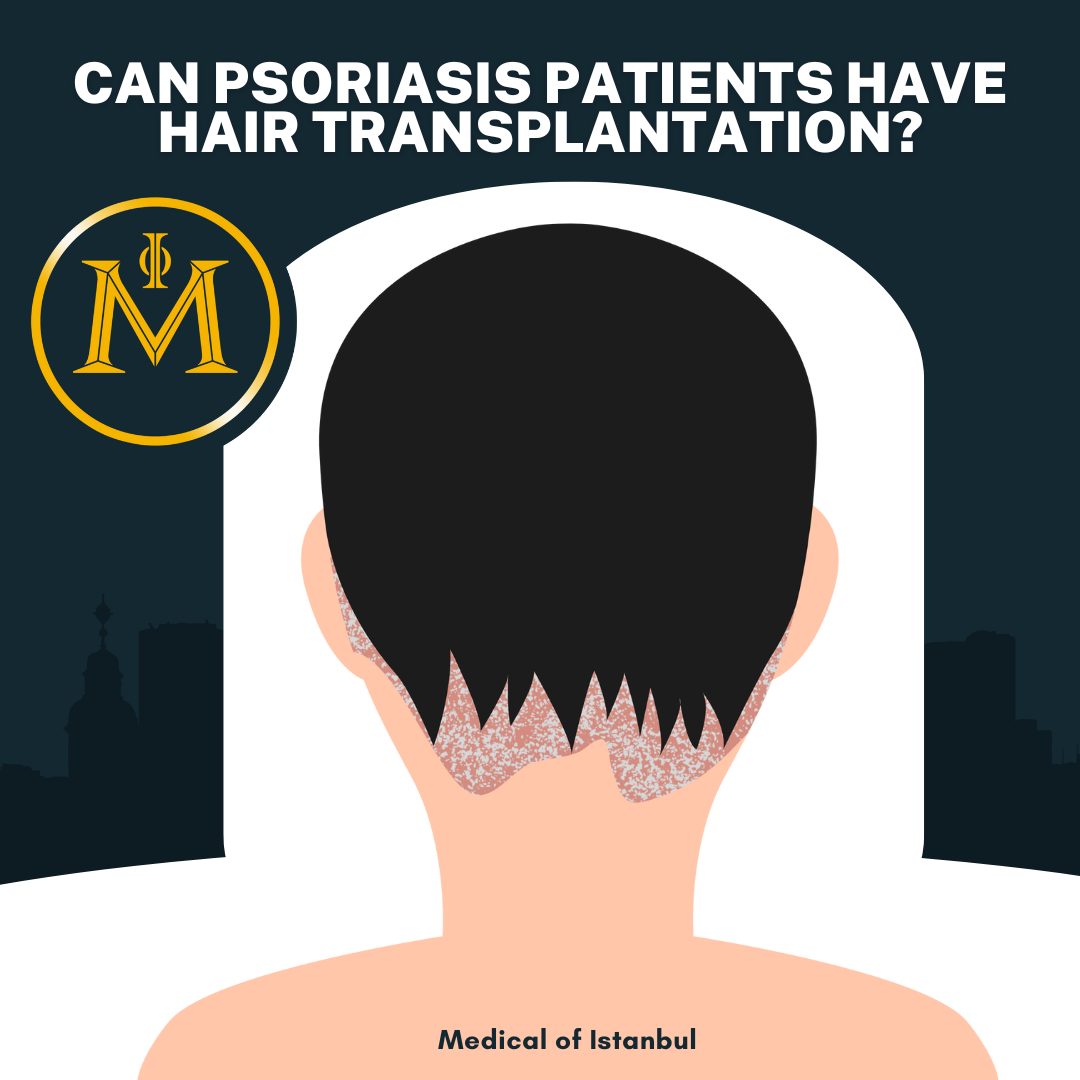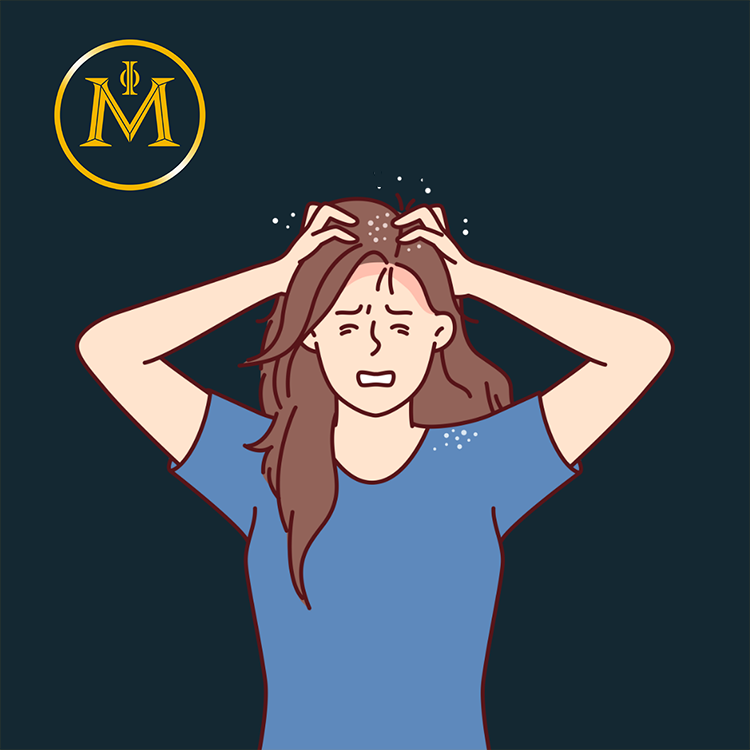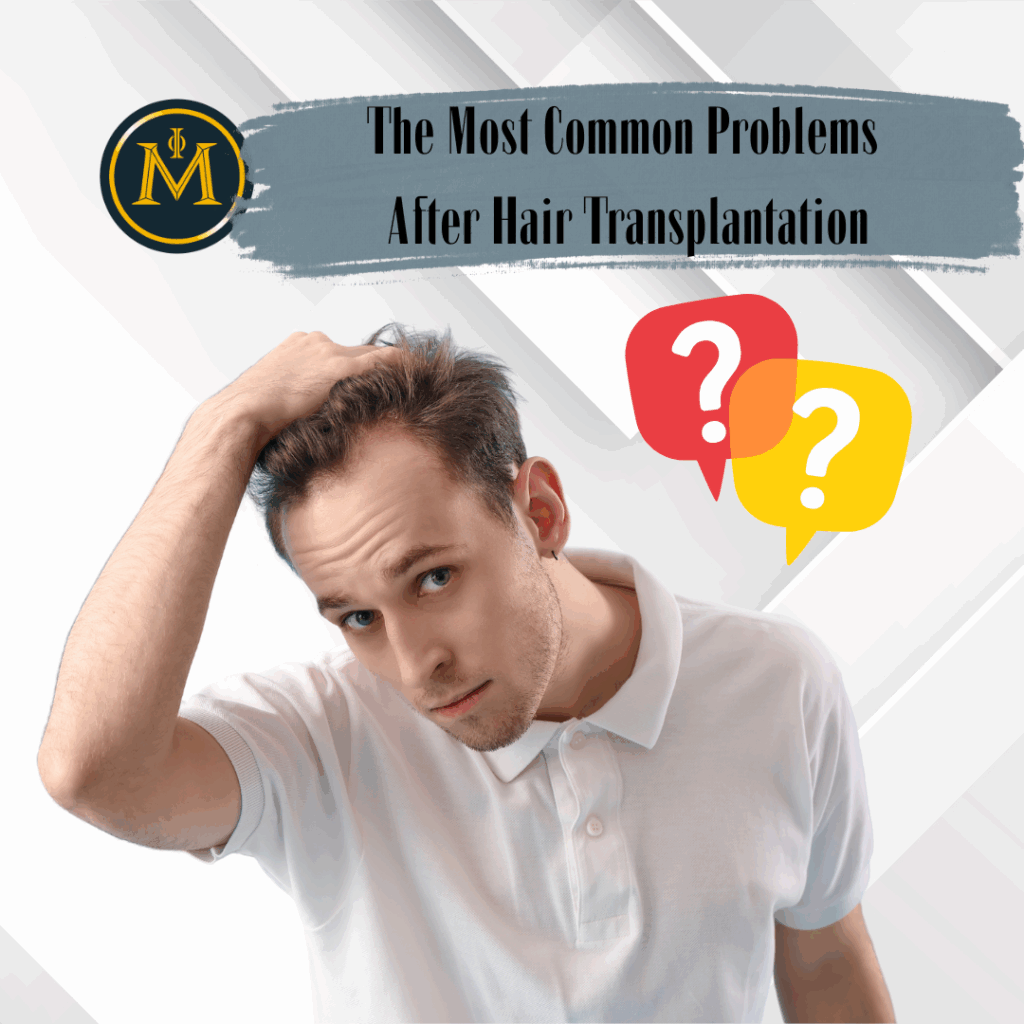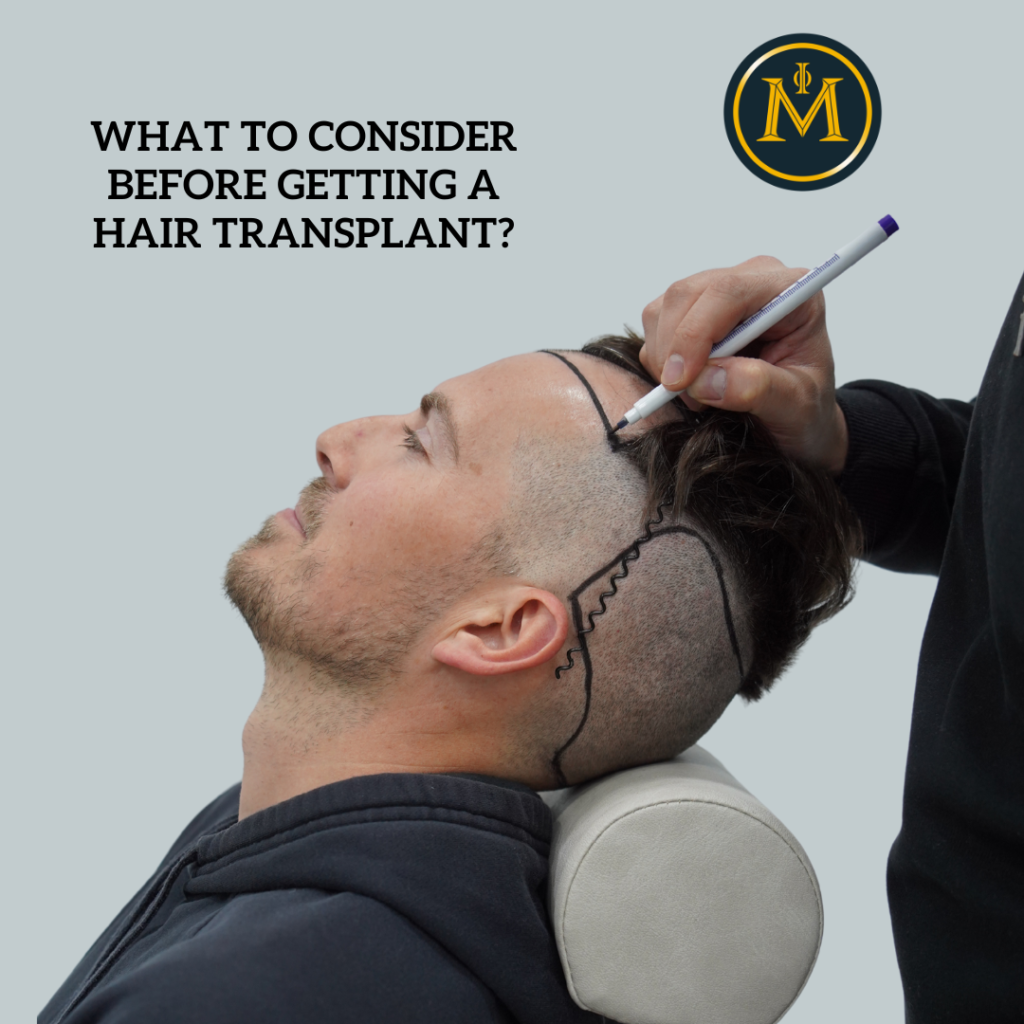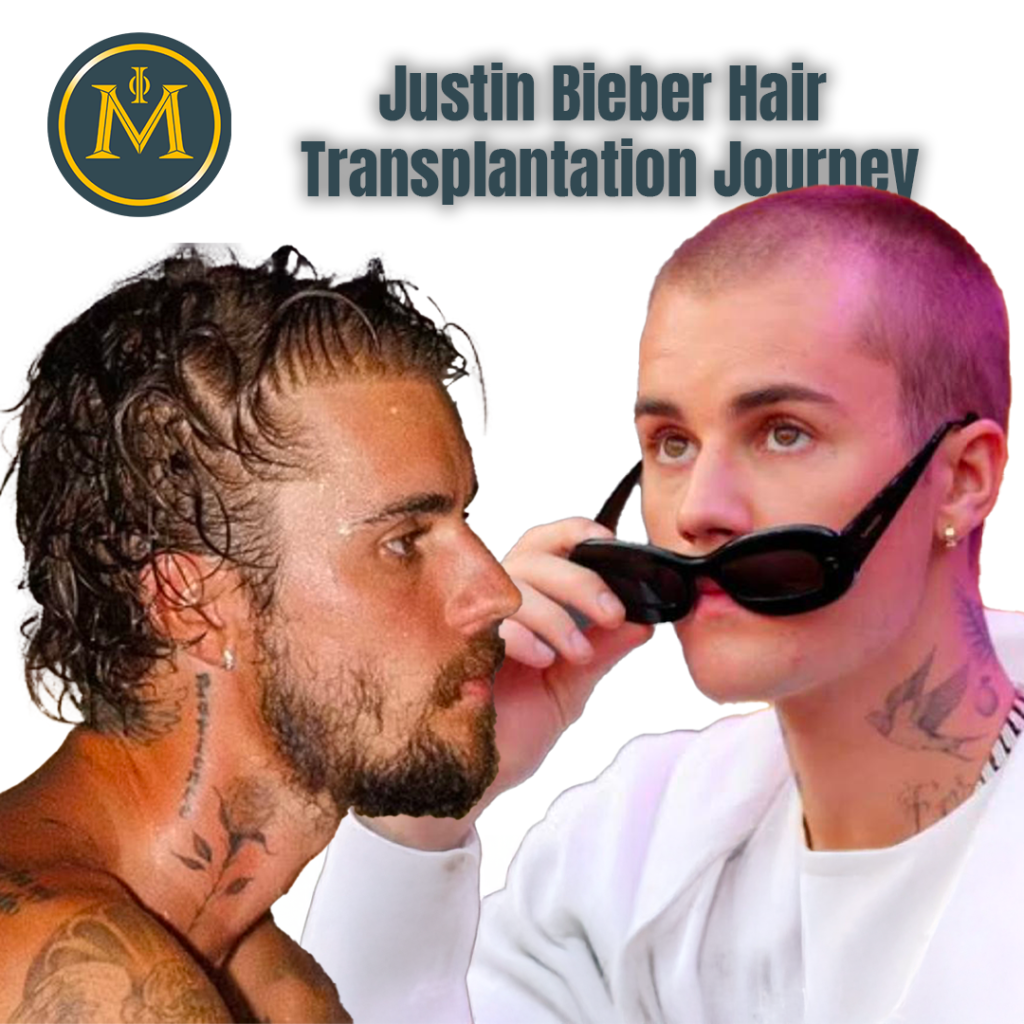How Psoriasis Affects Hair Transplant Results and Recovery
Psoriasis not only affects the scalp's health but can also impact the recovery process and final results of a hair transplant. Patients with active psoriasis on the scalp are more susceptible to delayed healing, as the skin is already prone to inflammation and irritation. Additionally, the presence of plaques can hinder the transplanted follicles from properly integrating into the scalp, affecting hair growth. During recovery, it is crucial to maintain a psoriasis-free scalp by using prescribed medications to manage flare-ups and reduce inflammation. Psoriasis patients also need to be extra cautious with post-transplant care, avoiding harsh hair products or excessive friction to the treated area. With proper management of the condition before, during, and after the surgery, psoriasis patients can still achieve satisfactory results, though the process may take longer compared to individuals without scalp conditions.
